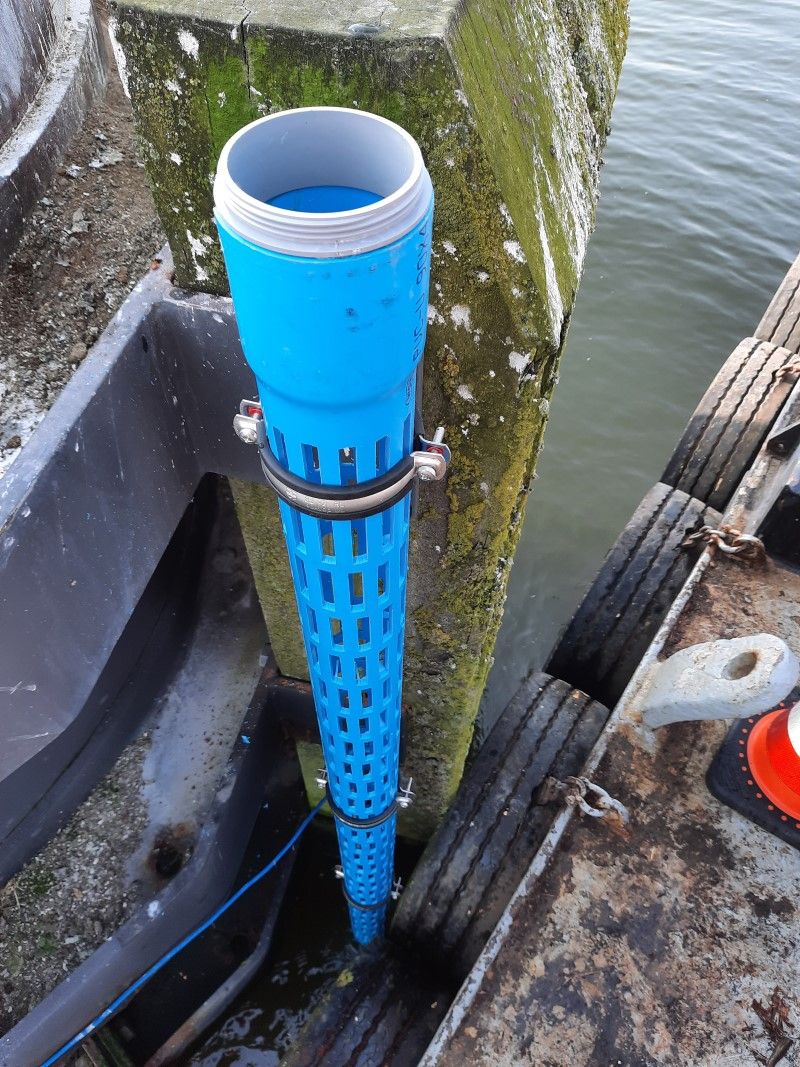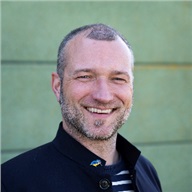With the Flemish Open City Architecture, we want to put Flanders in the lead as a smart region in the world. Flanders has few real resources: the most important asset is between our ears. We must make full use of them. How can we set up a vibrant ecosystem in which data can be exchanged in such a way that it stimulates innovation as much as possible and at the same time creates the necessary trust in the system and the exchanged data itself?
Blog post by Dieter Cuypers, researcher of the VITO transition platform.
Workshop 3 of the Water in the City programme: sensors for water
In the third workshop of the 'Water in the City' trajectory of the VLOCA project, water sensors were put under the microscope. Despite (or thanks to?) corona, about 50 interested people signed up for the virtual setting. The entire quadruple helix was present: representatives of municipalities, intermunicipalities, cities, provinces, Flemish administrations, knowledge institutions, civil society, entrepreneurs, suppliers of data solutions, infrastructure and sensors.
The Water in the City trajectory
The Water in the City project is all about exchanging data on water quality and water quantity and the added value we can create based on that data. For example, we can combine historical data from pluviometers with groundwater models, real-time water levels in rivers upstream, link to early-warning systems and alert thresholds or concentrations to warn or direct people, support and evaluate policy. These are just some of the many possibilities of sharing data from different stakeholders. Not to mention data fusion, where data and models from different domains are shaped by data brokers to create completely new information and opportunities. Not a luxury with the effects of climate change that have been clearly felt for some years now - summer and winter.
Monitoring our water has a strong geographical component. Regional administrations have measurement networks throughout Flanders, but cities and municipalities also place sensors on their territory and exchange data. Start-ups and research institutes develop new services, train models to make predictions with that data, merge it with data from other domains and then not only offer it back to those governments with added value, but also put it at the service of other companies, civil society movements and individual citizens. To avoid Babylonian scenes, it is therefore of crucial importance that agreements are made regarding data standards, semantics and data architecture.
The workshop itself
In the sensor workshop, information was eagerly exchanged between exploratory, novice stakeholders and experienced experts about the many different aspects involved in choosing the right water sensors for the desired application. There are many considerations to be made, which do not make it easy to arrive at an unambiguous answer. Ambitions and possible applications often conflict with the available budget. When choosing the right water sensors, other aspects also come into play. The context in which they are placed is just as important. Not only technical elements have to be taken into account in the decision making process, but also, for example, the degree of vandalism sensitivity, the operation of the loggers and the consumption of the battery...
For the participants, the contact with like-minded people was clearly an added value. New bonds were forged and the foundations for new relationships were laid, and above all, a shared understanding of what is needed to enable a vibrant ecosystem of data suppliers and users was developed.
Looking forward to the results
The results of this workshop, together with those of the previous workshops in this trajectory (governance and data availability), will now be processed and laid alongside the results of the other trajectories to arrive at agreements on Flemish Open City Architecture. After the summer, these will be presented to the stakeholders to help shape them further. Central to this is the VLOCA knowledge hub where all results of the work in this project are shared.
"Thank you! Learned a lot again.
"... also thanks for the interesting session yesterday."



